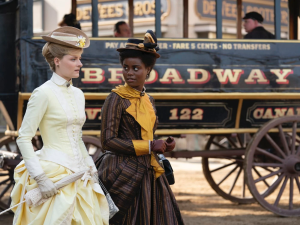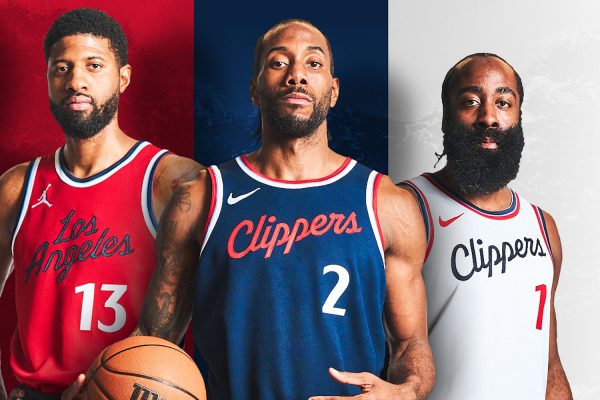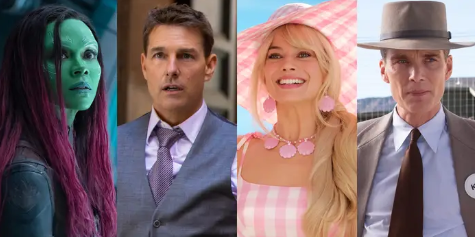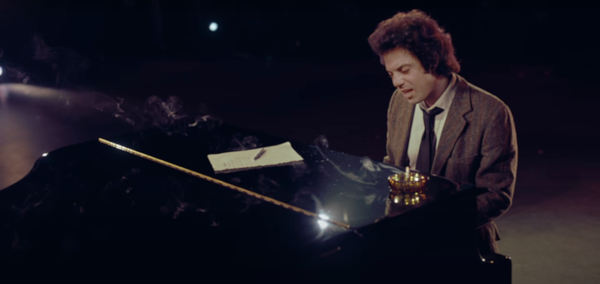‘Bohemian Rhapsody’ anchored by songs, not story
November 14, 2018
“Bohemian Rhapsody,” the highly-anticipated Queen biopic, premiered in theaters Nov. 2. At the center of this biographical film is a performance that proves to be less about serious acting and feels more like that of a basic music video found on YouTube.
If only the director, Bryan Singer, had awakened its full potential and transported the viewer right into the heart of legendary Queen frontman Freddie Mercury, “Bohemian Rhapsody” would have been a lot more successful. Unfortunately, the film played it dull and safe.
The film opens on the day of Live Aid – a benefit concert in 1985 – and subsequently flashes back to 1970. Showing the formation and rise to fame of Queen between 1970 and 1985, “Bohemian Rhapsody” is heavily focused on telling the story of the band’s charismatic lead singer, Freddie Mercury.
Rami Malek takes to the role of Queen’s Freddie Mercury with a studious intensity, making it hard to enjoy the rise and fall of a tragic character. The other three members of the band – John Deacon (Joseph Mazzello), Roger Taylor (Ben Hardy), and Brian May (Gwilym Lee) – are perfectly cast. That said, they are just in the film as supporting roles, which is a bit disappointing. The best parts of the film are when the entire band is having fun together.
The 15-minute recreation of Mercury’s iconic performance at Live Aid is the movie’s highlight. This performance is the final scene, which allows the movie to go out on a high note.
There were also some amusing inside jokes in the film. Mike Myers famously used the song “Bohemian Rhapsody” to good effect in his 1992 movie “Wayne’s World.” In “Bohemian Rhapsody,” Myers plays Ray Foster, a music executive who deems the song “Bohemian Rhapsody” to be worthless and forgettable. While these types of jokes are amusing, the problem with all these recreations and winks to the audience is that it also makes the movie feel hollow.
“Bohemian Rhapsody” struggles tonally as it tries to grapple the parts of Freddie’s life that so greatly changed him and the music he made. Ultimately, there is no denying that the greatest singer of all time was a kid with a large overbite who struggled to identify his sexuality.
The story itself wrestles with expanding Mercury’s identity. His notions of grandeur are entirely earned, but they are also clearly his coping mechanisms to hide. His queerness is played not as a radical act of happiness but as his downfall. He is exiled into a world of drugs and sex by evil manager Paul Prenter (Allen Leech), who isolates him.
The feelings of loneliness and self-hate are also shown in Mercury as he finds out that he has contracted AIDS. That is when – out of nowhere – Mercury comes to the conclusion that it was not just him, but the entire band’s collaborations that led to Queen’s endless hits that parade throughout the film.
It is impossible to not enjoy the surface of the movie because of the catalog of classic songs and deep cuts. That said, “Bohemian Rhapsody” falls short of being the interesting and dynamic film about Queen’s lead singer that it was expected to be.












